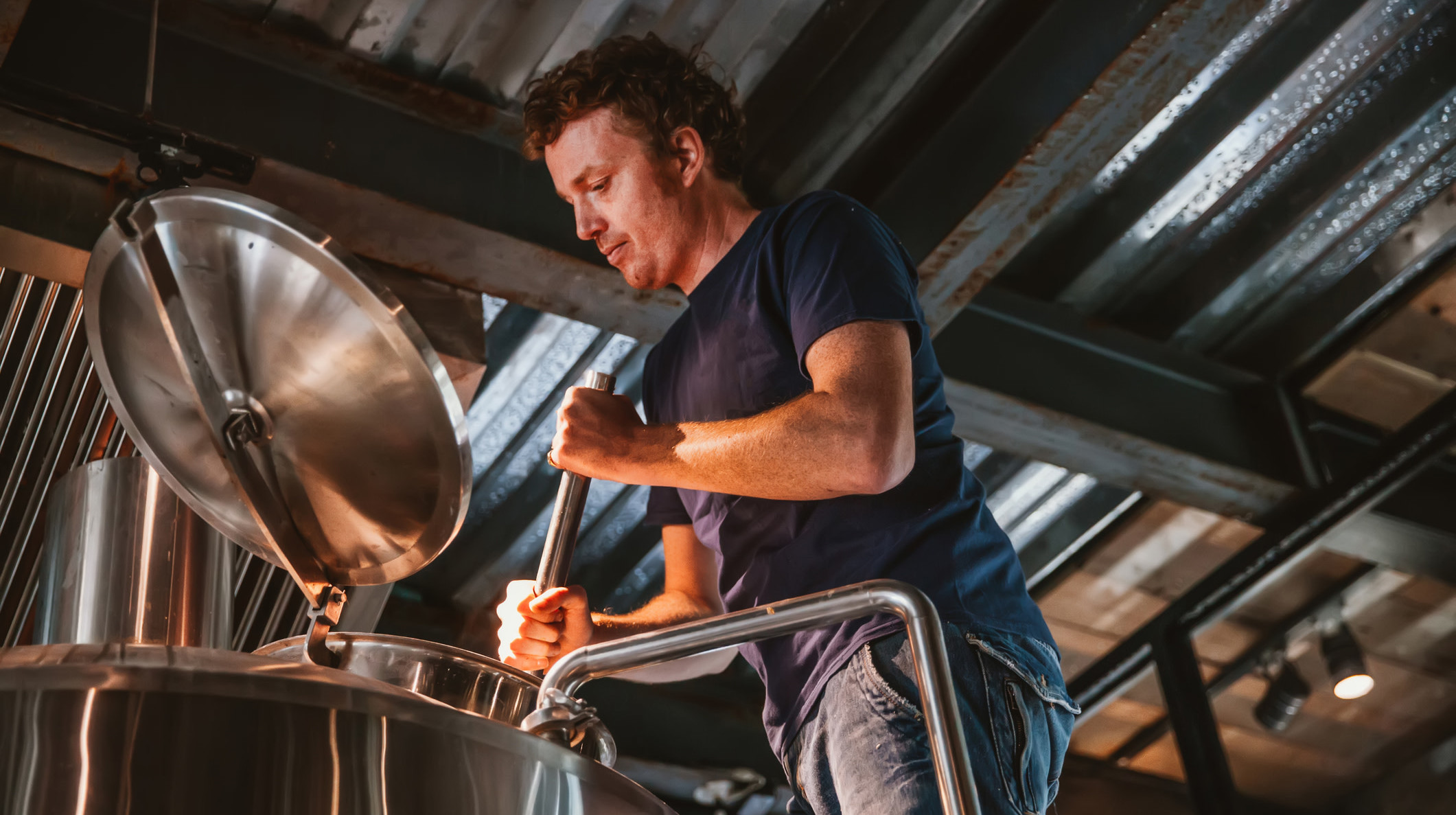Just How Full Of White Dudes Is Craft Beer?
It's one of the most tired clichés out there: Brewers are white, bearded dudes with potbellies who wear flannel and turn their noses up at your "regular beer." (That latter point is definitely untrue.) But the rest of the cartoon—the dude, the beard, the unbearable whiteness of being—like most clichés, there's more than a grain of truth in it. Craft brewers are overwhelmingly white dudes, and now we have the numbers to prove it.
Last spring, craft brewers' trade group the Brewers Association hired its first diversity ambassador, Dr. J. Nikol Jackson-Beckham, tasked with "speaking on best practices for diversifying both customer bases and staff and listening to current challenges in this area." She joined a Diversity Committee the trade group already had in place.
But, as the BA's chief economist and data guy Bart Watson noted, "You can't measure future change unless you know where you are to begin with." To procure that demographic data, the BA this year conducted its first benchmark survey of brewery owner and employee diversity, which asked member breweries questions regarding employees' gender and race/ethnicity. And the results are in.
Yes, it's mostly dudes doing the brewing. Only 7.5% of member breweries reported employing a woman with the job title of "brewer," though women were more represented among non-brewing staff: 37% of breweries reported employing a woman in a "non-production (i.e. brewing), non-service (i.e. taproom servers)" position.
The numbers on racial diversity in the industry are even less encouraging: Just 1% of craft brewery owners are black, and just 4% of craft brewery employees are black. Other minority groups are slightly better represented, but not by much. A full 88% of craft brewery owners are white.
What's to be done to better align the craft beer industry with the consumers who enjoy its products? Julia Herz, program director for the BA, lists some of the group's recent efforts, including funding a Diversity Event Grant and a five-part series of diversity best practices for breweries.
Those are welcome efforts. But what I've observed from covering craft beer for years is that much of the meaningful work in terms of inclusion and diversity doesn't come from the top down; it comes from tough boots-on-the-ground work, mostly by people of color. Earlier this month, Pittsburgh's Fresh Fest hosted its second annual beer festival spotlighting black-owned breweries. Dom Cook, author of This Ain't The Beer That You're Used To, self-published and distributed his own book to help bring the message of craft beer to black communities.
While institutional support is commendable (the BA certainly can't sit back and not address the glaring lack of diversity among brewery employees), much of what institutions can do is empower, fund, and support minority communities who have already been engaged in this work for years.
